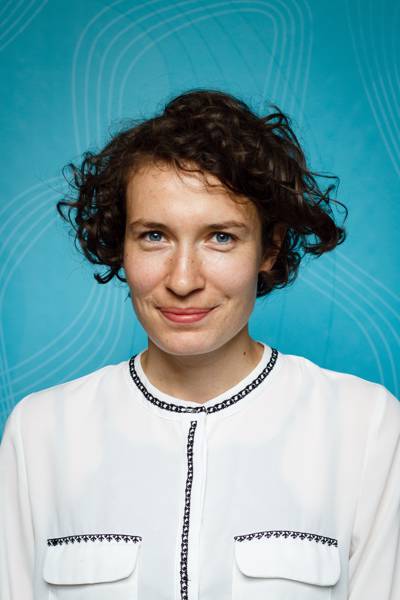This article offers empirically based analytical scrutiny of what deskilling looks like and means for migrant nurses. We draw on 30 interviews with Filipino and Polish nurse migrants in Oslo, Norway, which we analyze comparatively. Through empirical attention to nurse migrants’ professional experiences, we address the analytically oriented question of what constitutes deskilling in their experience. Concerns over deskilling, in relation to nurse migration and beyond, prompt attention to instances of human capital not being employed in meaningful and productive ways. We argue that attention to migrants’ professional identities provides analytical opportunity to better unpack what deskilling entails. Borrowing from theorization of identities, deskilling as linked to migrants’ professional identities is understood as dynamic, processual, and situated. We propose that deskilling should be understood as part of the multi-dimensional and interacting processes of de-, re-, and upskilling. We find cases of obvious and wasteful deskilling related to authorization procedures for non-EU-trained nurses, but also instances where it may be disputable whether human resources are used well, or not, and cases of upskilling and reskilling over time. Our findings uncover three core insights. First, our approach to deskilling reveals both the scope for and the salience of migrants’ agency, despite structural constraints. Second, the importance of time and of capturing change over time in migration research becomes apparent. Third, we argue that improved conceptualizations of deskilling, linked to migrants’ professional identities, could inform policies that make better use of migrants’ human capital, and through this also contribute to migrants’ well-being.
Korzeniewska, Lubomiła & Marta Bivand Erdal (2019) Deskilling unpacked: Comparing Filipino and Polish migrant nurses’ professional experiences in Norway, Migration Studies. DOI: 10.1093/migration/mnz053.









